Home>Health & Lifestyle>Air Quality & Filtration>Which Water Filtration System Is Best
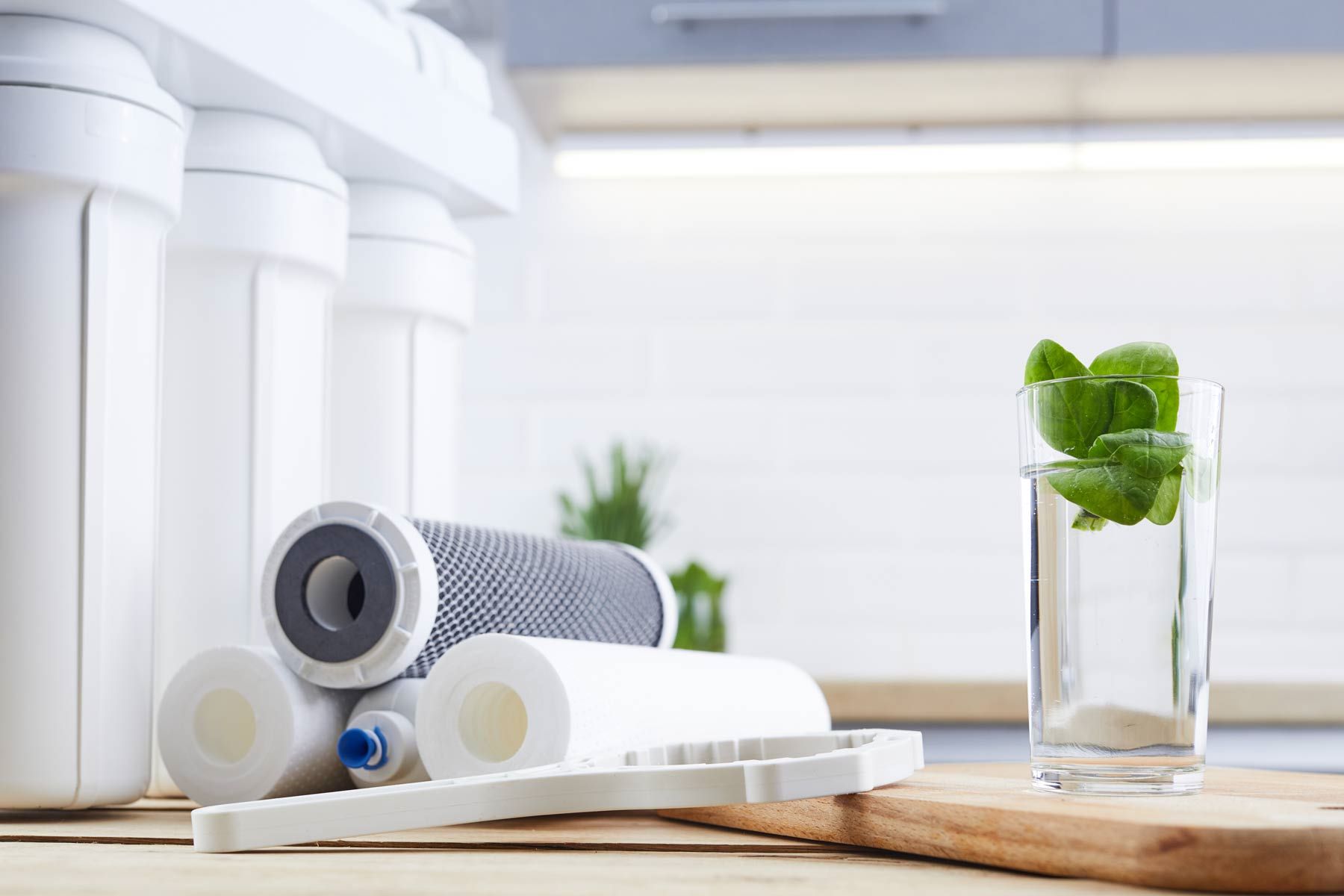

Air Quality & Filtration
Which Water Filtration System Is Best
Modified: October 30, 2024
Looking for the best water filtration system to improve air quality and filtration? Explore our top recommendations and make an informed decision today.
(Many of the links in this article redirect to a specific reviewed product. Your purchase of these products through affiliate links helps to generate commission for Storables.com, at no extra cost. Learn more)
Introduction
Welcome to the world of water filtration systems, where the quest for clean, healthy water is met with a myriad of options. Whether you're concerned about the taste, odor, or potential contaminants in your water, finding the best filtration system is crucial for your well-being. With an array of choices available, from simple pitchers to advanced reverse osmosis systems, it's essential to understand the various types and features to make an informed decision.
In this comprehensive guide, we will explore the different types of water filtration systems, compare their effectiveness, and delve into the factors to consider when selecting the best option for your specific needs. By the end, you will have the knowledge and confidence to choose a water filtration system that ensures the purity and safety of your drinking water. So, let's embark on this journey to discover which water filtration system is best for you.
Key Takeaways:
- Choose a water filtration system based on your specific needs, such as removing contaminants, maintaining flow rate, and considering maintenance and budget.
- Understanding the types of water filtration systems and their unique features will help you make an informed decision to ensure clean, safe drinking water for you and your family.
Types of Water Filtration Systems
Water filtration systems come in various forms, each designed to target specific contaminants and impurities. Understanding the different types can help you determine which system best suits your requirements. Here are some common types of water filtration systems:
- Activated Carbon Filters: These filters are adept at removing chlorine, volatile organic compounds (VOCs), and unpleasant tastes and odors from water. They work by adsorption, where the contaminants adhere to the surface of the carbon. However, they may not effectively remove minerals, salts, and some metals.
- Reverse Osmosis Systems: Utilizing a semipermeable membrane, reverse osmosis systems are highly efficient at removing a wide range of impurities, including heavy metals, fluoride, and dissolved solids. They are particularly effective in areas with high levels of contamination.
- UV Water Purifiers: These systems use ultraviolet light to disinfect water by deactivating bacteria, viruses, and other microorganisms. While they do not remove particulates or chemicals, they are excellent for eliminating biological contaminants.
- Water Distillers: Distillation involves boiling water and then condensing the steam back into liquid form, leaving behind contaminants. This process effectively removes impurities, but it also eliminates beneficial minerals, requiring remineralization before consumption.
- Gravity Water Filters: These filters use the force of gravity to pull water through a filtration medium, typically ceramic or carbon, to remove impurities. They are simple, cost-effective, and do not require electricity, making them suitable for outdoor and emergency use.
Each type of water filtration system has its unique strengths and limitations, so it’s essential to consider the specific contaminants present in your water and your preferences when choosing the most suitable option.
Comparison of Water Filtration Systems
When evaluating water filtration systems, it’s crucial to compare their performance, maintenance requirements, and overall suitability for your needs. Let’s delve into a comparative analysis of the different types of water filtration systems to help you make an informed decision:
- Effectiveness: Reverse osmosis systems are highly effective at removing a wide range of contaminants, including heavy metals and dissolved solids, making them ideal for areas with significant water pollution. Activated carbon filters excel at eliminating chlorine, VOCs, and odors, but may have limitations in removing certain minerals and metals.
- Mineral Retention: While reverse osmosis systems are proficient at removing impurities, they also eliminate beneficial minerals from water. In contrast, activated carbon filters do not strip water of essential minerals, maintaining a more balanced pH level.
- Maintenance: Reverse osmosis systems typically require more maintenance, including periodic filter replacements and membrane cleaning. Activated carbon filters are relatively low-maintenance and may only necessitate filter changes at regular intervals.
- Energy Consumption: Reverse osmosis systems consume more energy due to the pressure required to push water through the membrane. On the other hand, activated carbon filters and gravity water filters operate without electricity, making them more energy-efficient.
- Cost: Reverse osmosis systems are generally more expensive to purchase and maintain compared to activated carbon filters and gravity water filters. UV water purifiers and distillation systems also involve varying initial and operational costs.
- Space and Installation: Reverse osmosis systems typically require more space and professional installation due to their complex filtration process, while activated carbon filters and gravity water filters are simpler to set up and occupy less space.
Considering these factors can help you weigh the pros and cons of each water filtration system and determine which aligns best with your water quality concerns, lifestyle, and budget.
When choosing a water filtration system, consider the contaminants in your water, the system’s filtration capabilities, and the maintenance requirements. Look for certifications like NSF or WQA to ensure effectiveness.
Factors to Consider When Choosing a Water Filtration System
Choosing the right water filtration system involves considering various factors to ensure it meets your specific needs and preferences. Here are key considerations to keep in mind when selecting a water filtration system:
- Water Quality: Start by understanding the quality of your water. Is it primarily affected by chlorine, sediment, heavy metals, microbial contaminants, or a combination of impurities? Conducting a water quality test can provide insights into the specific contaminants present.
- Contaminant Removal: Identify the contaminants you want to remove from your water. Different filtration systems are designed to target specific impurities, so knowing the specific contaminants in your water is crucial for choosing an effective filtration method.
- Flow Rate: Consider the flow rate or water pressure required for your household. Some filtration systems may reduce water flow, impacting activities such as showering, dishwashing, and laundry. Ensure the system can meet your household’s water demand.
- Space and Installation: Evaluate the available space for installing a filtration system. Some systems, such as reverse osmosis units, may require ample space and professional installation, while others, like faucet-mounted filters, are more compact and easier to install.
- Maintenance: Assess the maintenance requirements of each filtration system. Some systems demand regular filter replacements, membrane cleaning, or UV lamp replacements, while others have minimal maintenance needs. Consider the long-term upkeep and associated costs.
- Cost and Budget: Determine your budget for purchasing and maintaining a water filtration system. Consider not only the initial cost but also ongoing expenses for filter replacements, energy consumption, and any required professional servicing.
- Environmental Impact: Evaluate the environmental impact of the filtration system. Some systems may generate wastewater during the filtration process, while others consume more energy. Consider the sustainability and eco-friendliness of the chosen system.
- Taste and Odor: If taste and odor are significant concerns, prioritize filtration systems that effectively address these issues. Activated carbon filters are renowned for improving taste and removing unpleasant odors from water.
By carefully considering these factors, you can make an informed decision and select a water filtration system that aligns with your water quality goals, lifestyle, and environmental consciousness.
Conclusion
Choosing the best water filtration system is a pivotal decision that directly impacts the quality and safety of your drinking water. With a multitude of options available, ranging from activated carbon filters to advanced reverse osmosis systems, understanding the specific needs of your household and the characteristics of each filtration method is essential.
By exploring the types of water filtration systems, comparing their effectiveness and maintenance requirements, and considering crucial factors such as water quality, flow rate, and budget, you can navigate the selection process with confidence. Whether you prioritize removing heavy metals, disinfecting water from microbial contaminants, or enhancing taste and odor, there’s a filtration system tailored to your requirements.
It’s important to remember that no single water filtration system is universally superior; each type has its strengths and limitations. Therefore, the best choice depends on a holistic assessment of your unique circumstances, including water quality, household water usage, maintenance capacity, and environmental considerations.
Ultimately, investing in a high-quality water filtration system is an investment in your health and well-being. By making an informed decision based on the knowledge shared in this guide, you can enjoy the peace of mind that comes with knowing your drinking water is pure, refreshing, and free from harmful contaminants.
Now that you’re equipped with the insights to discern which water filtration system is best suited for your needs, take the next step in safeguarding your water quality and embark on a journey towards pristine, refreshing hydration for you and your loved ones.
Frequently Asked Questions about Which Water Filtration System Is Best
Was this page helpful?
At Storables.com, we guarantee accurate and reliable information. Our content, validated by Expert Board Contributors, is crafted following stringent Editorial Policies. We're committed to providing you with well-researched, expert-backed insights for all your informational needs.
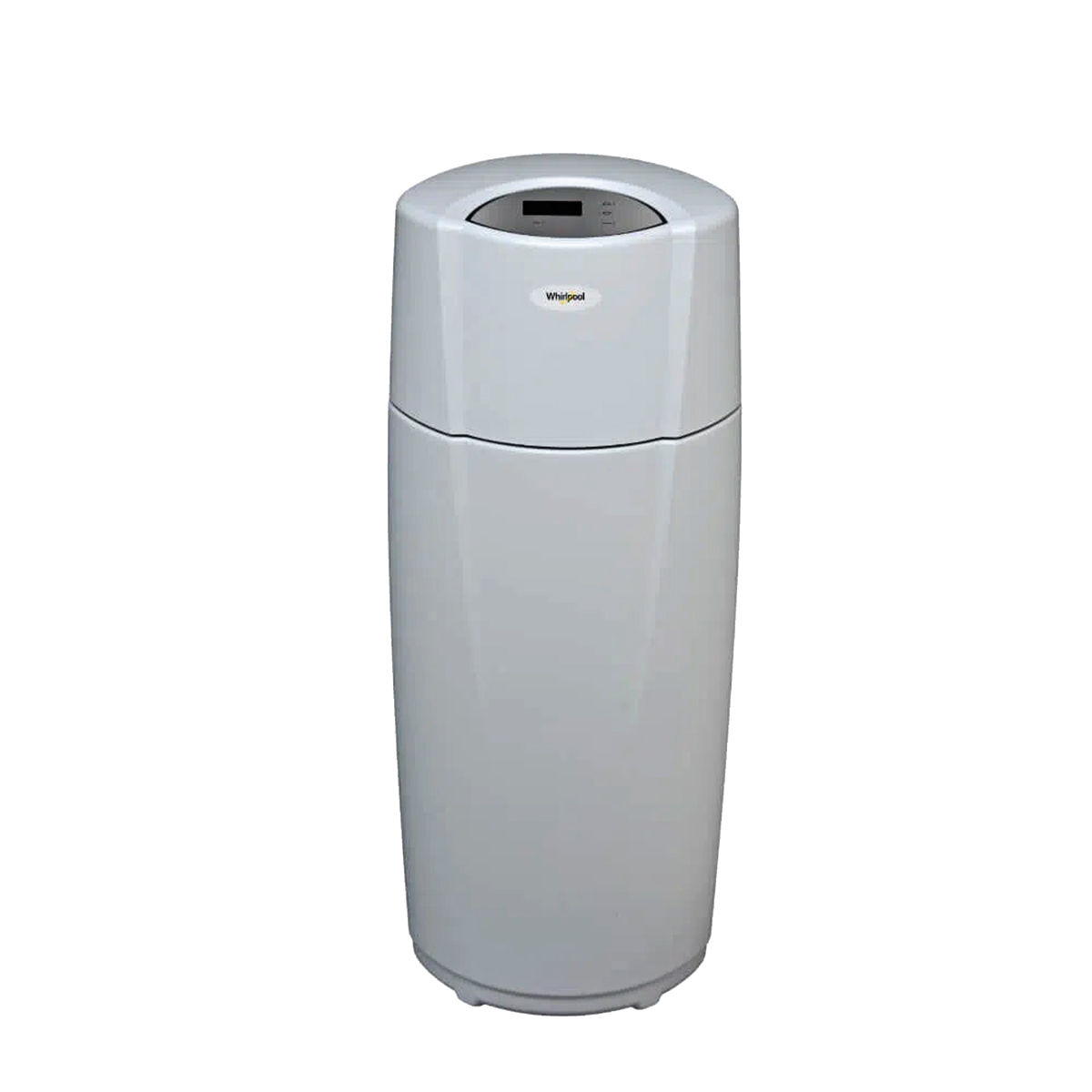
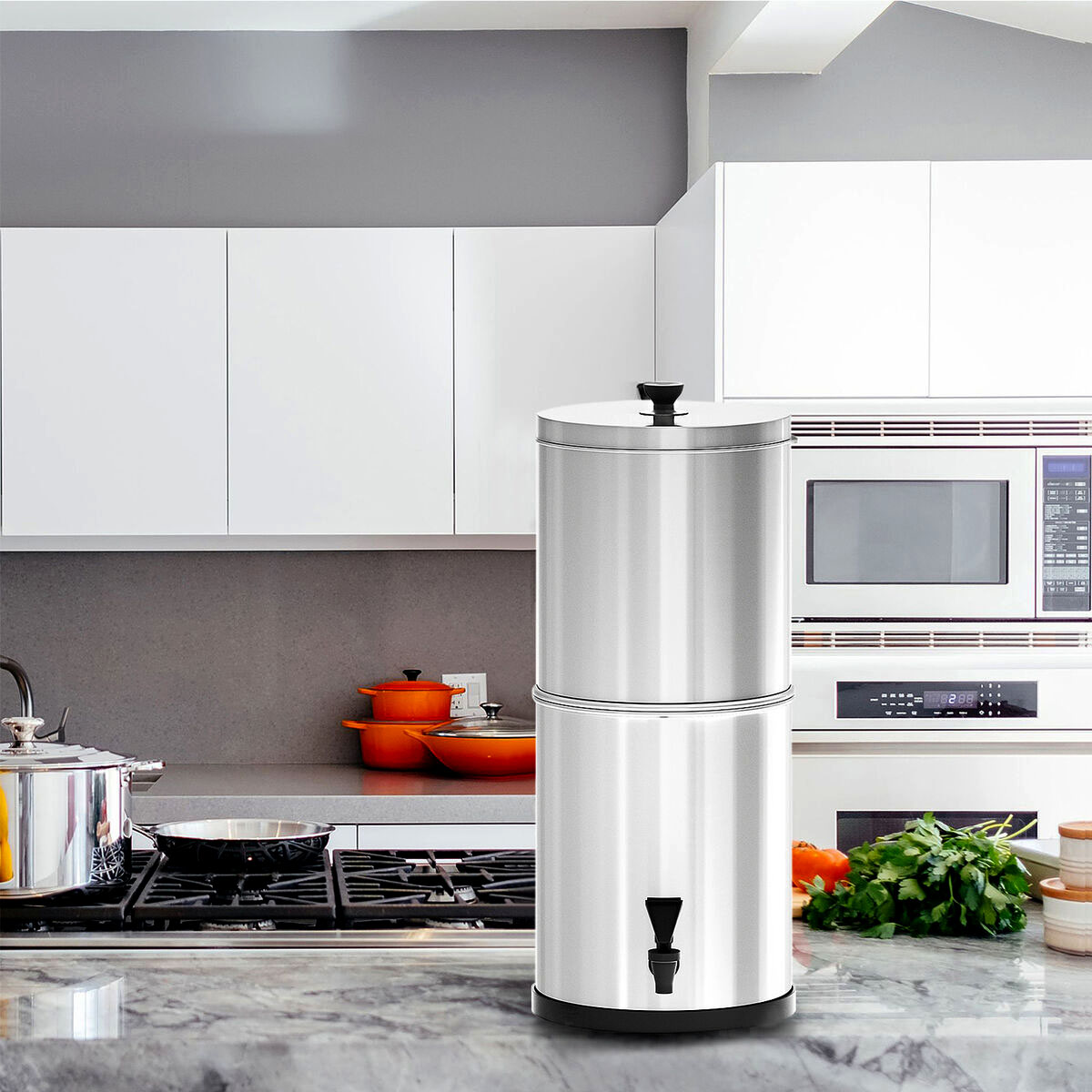
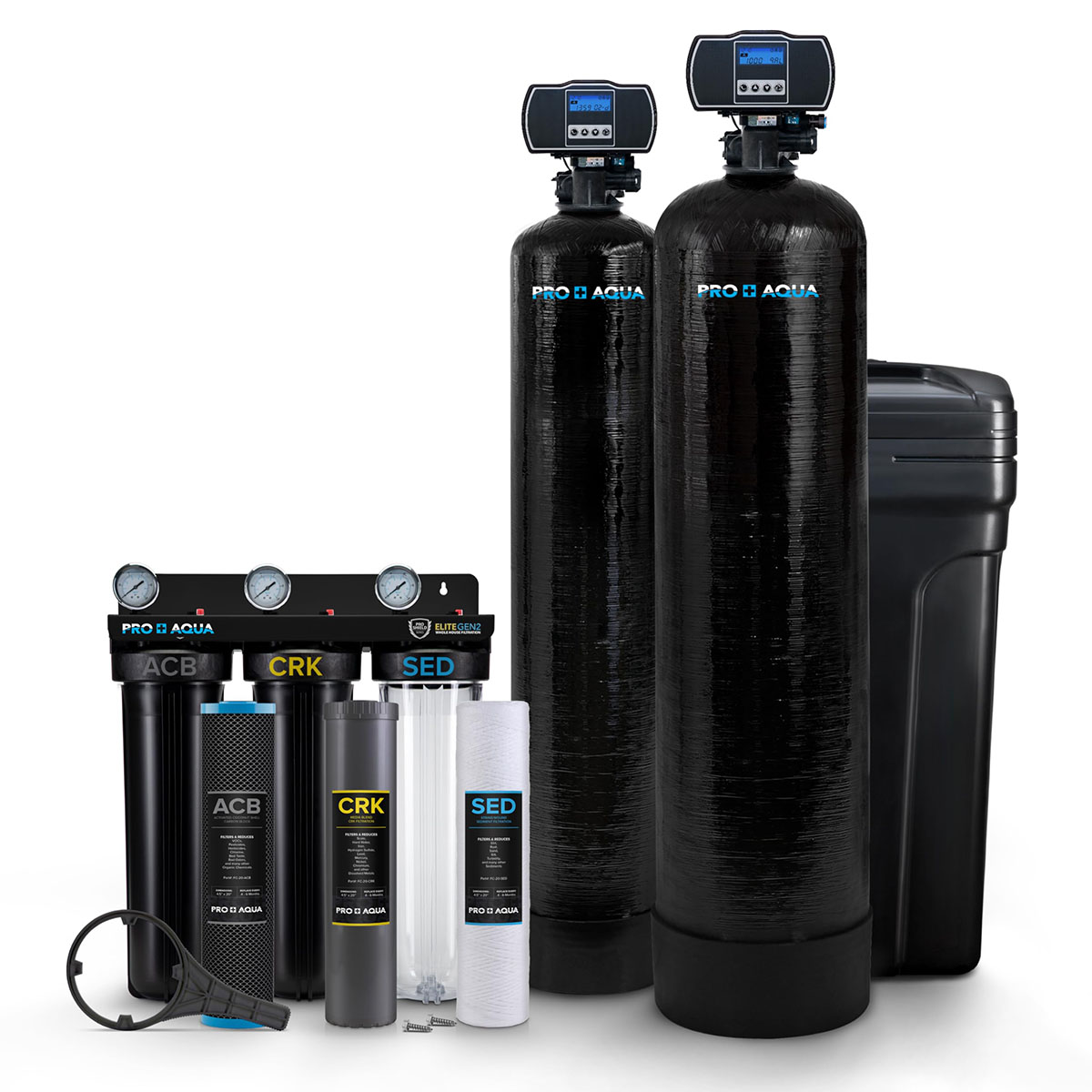
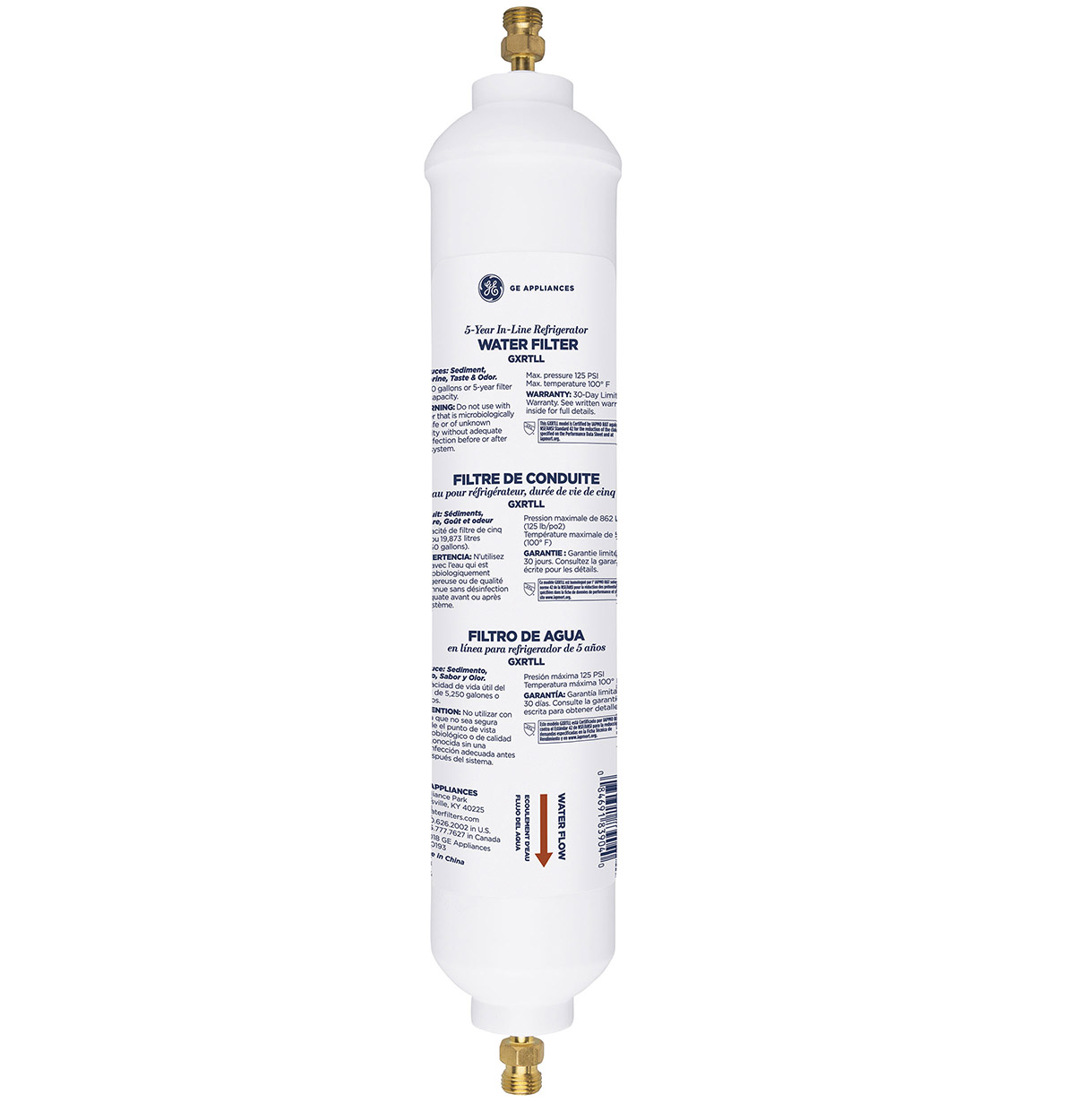
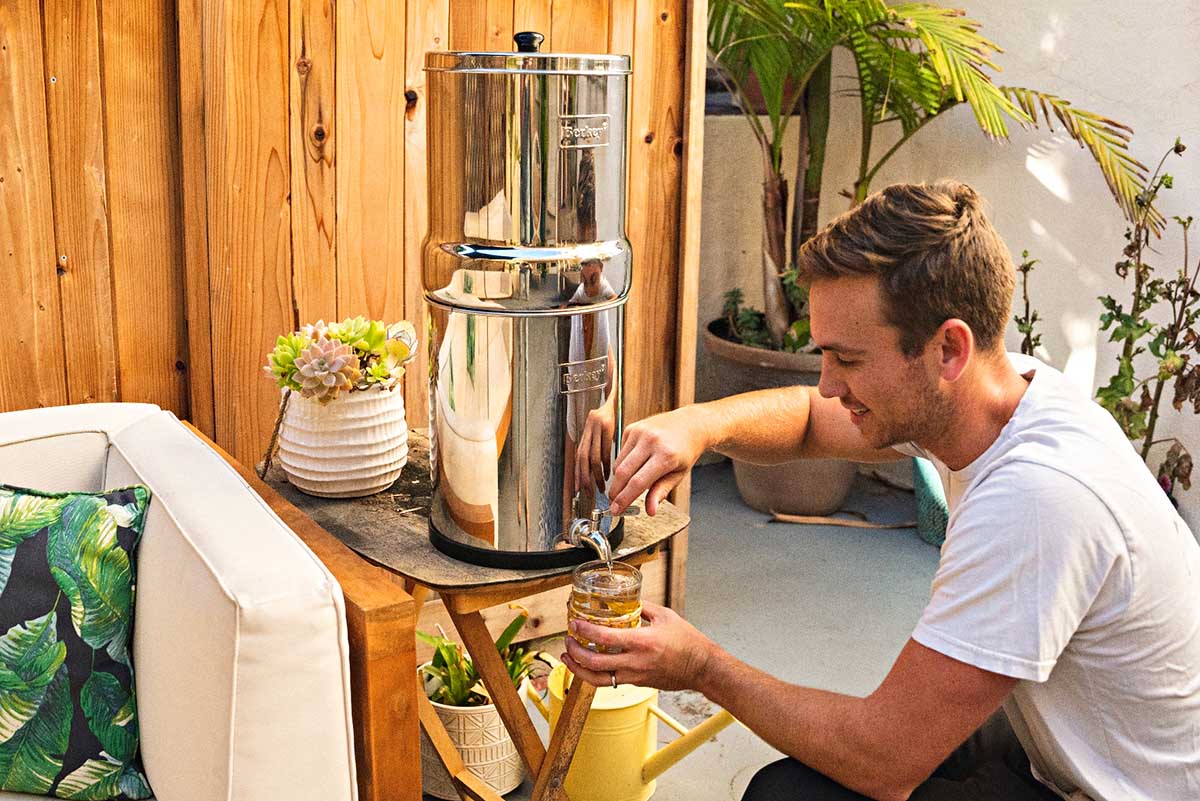
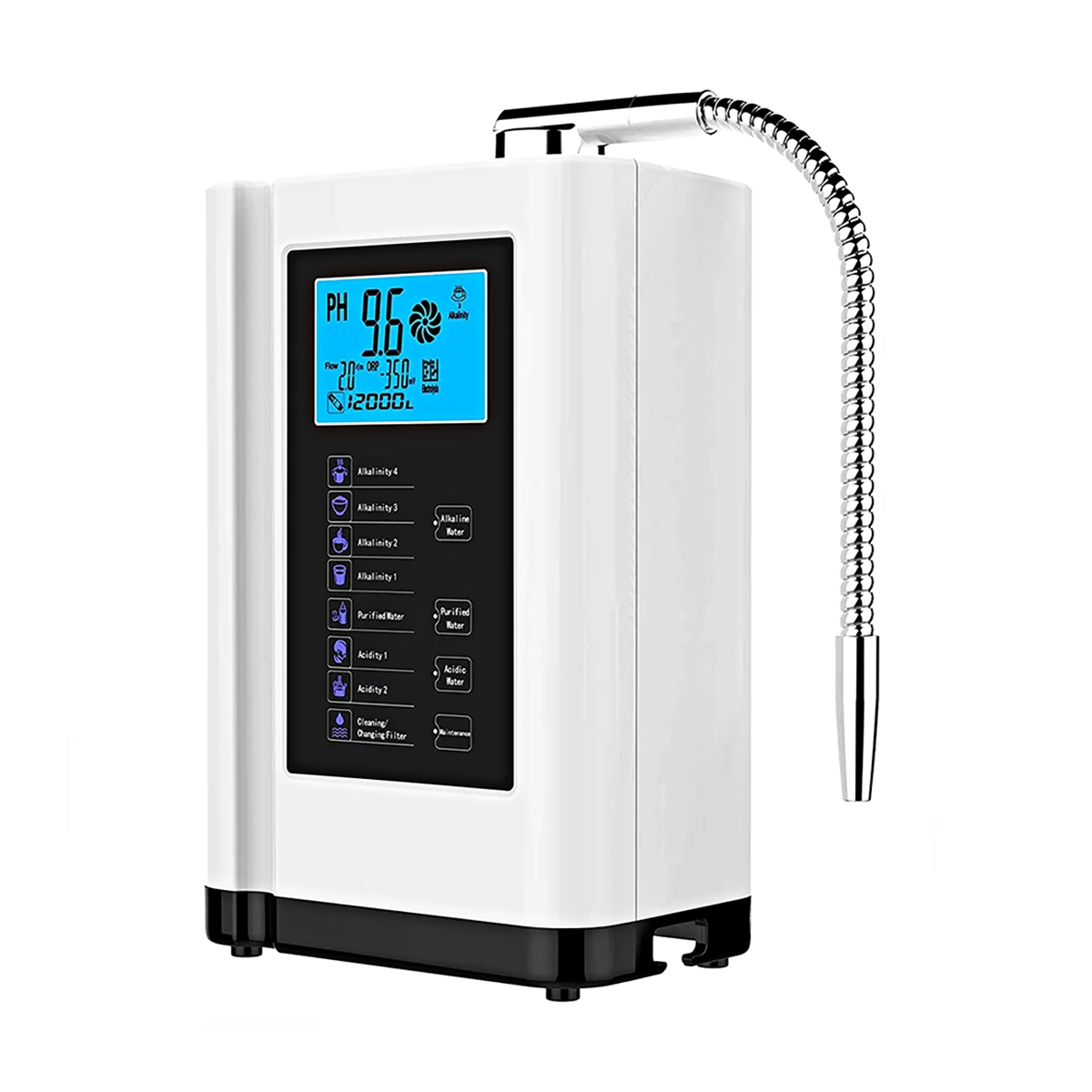
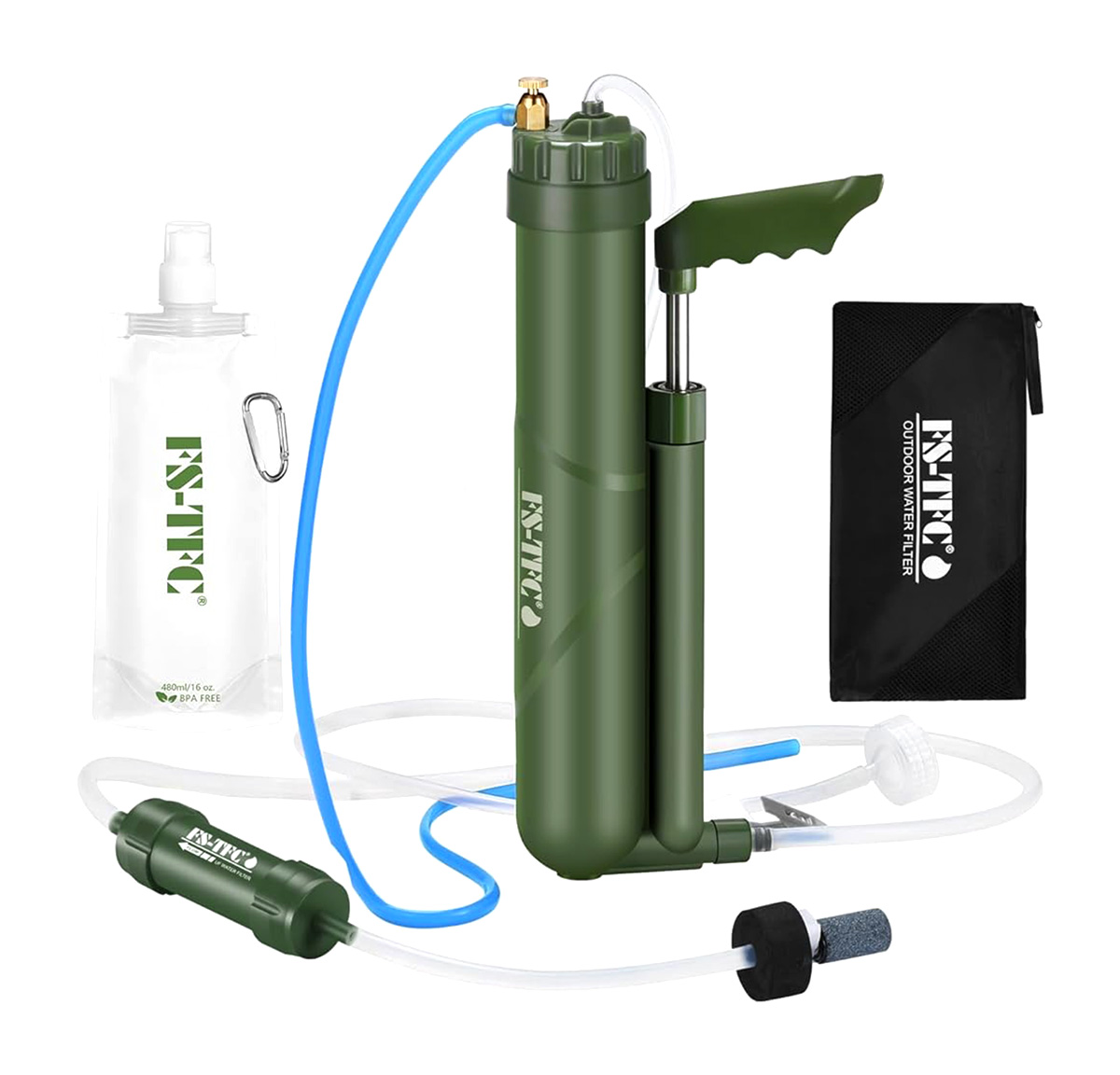
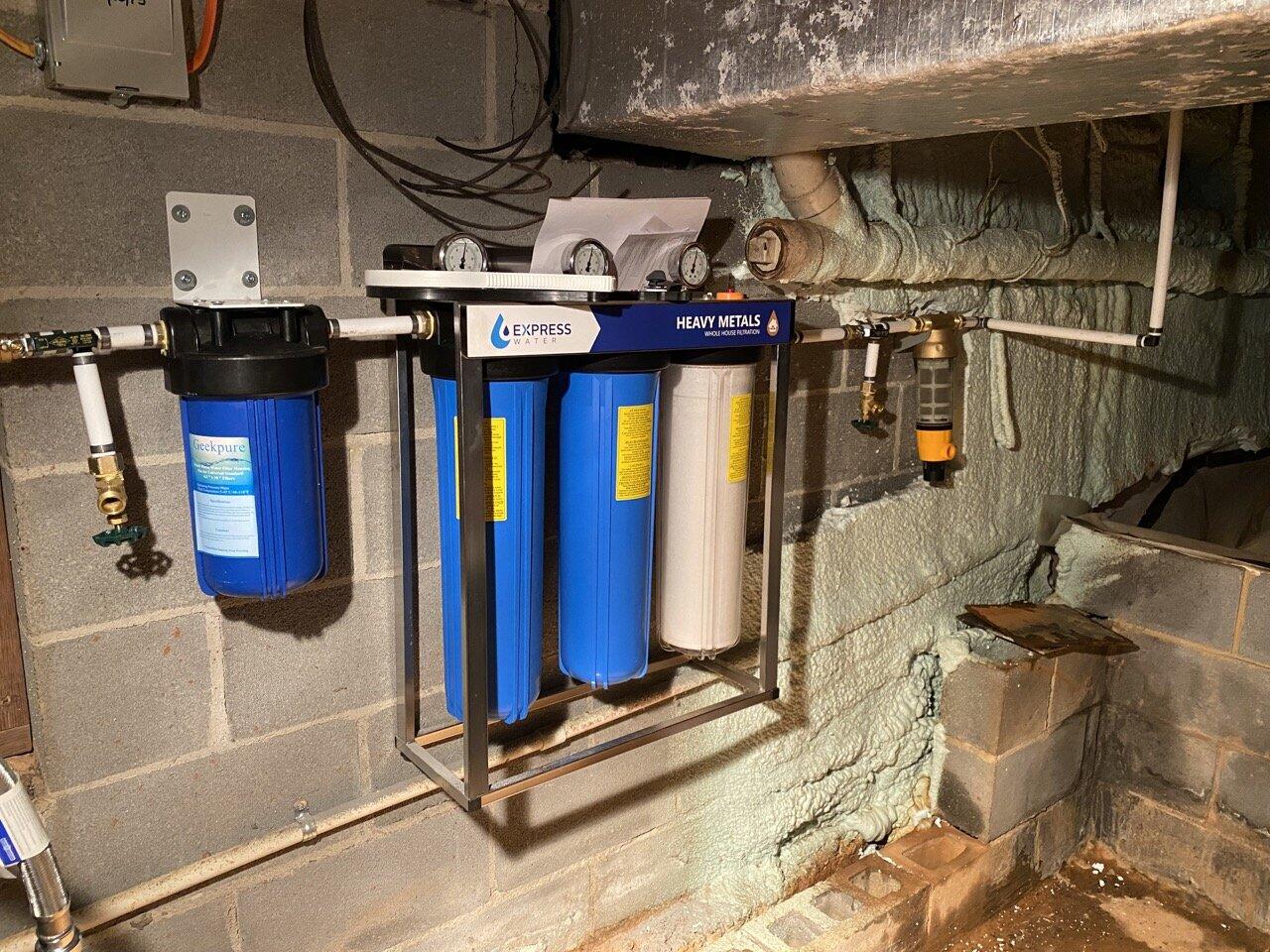
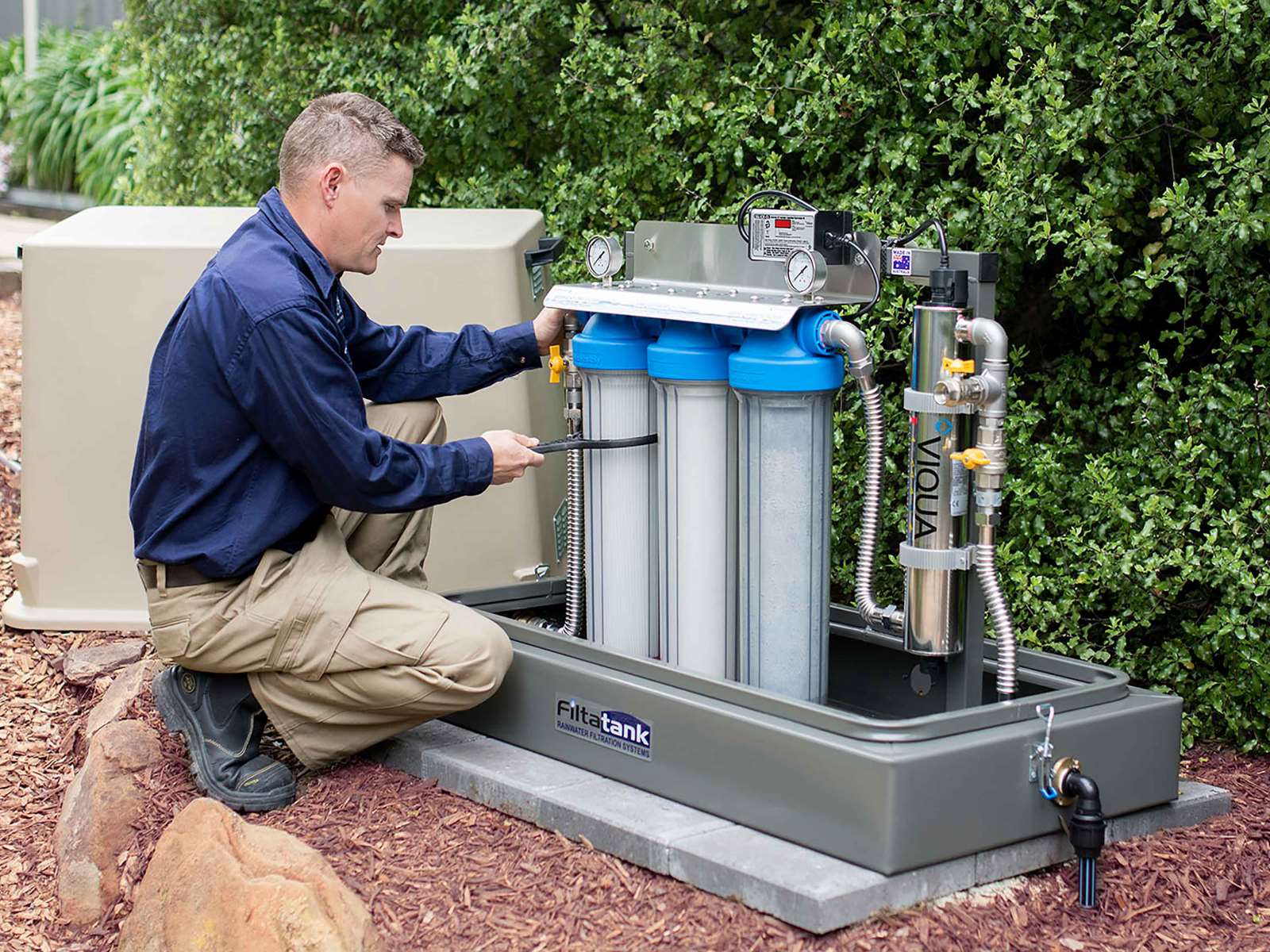
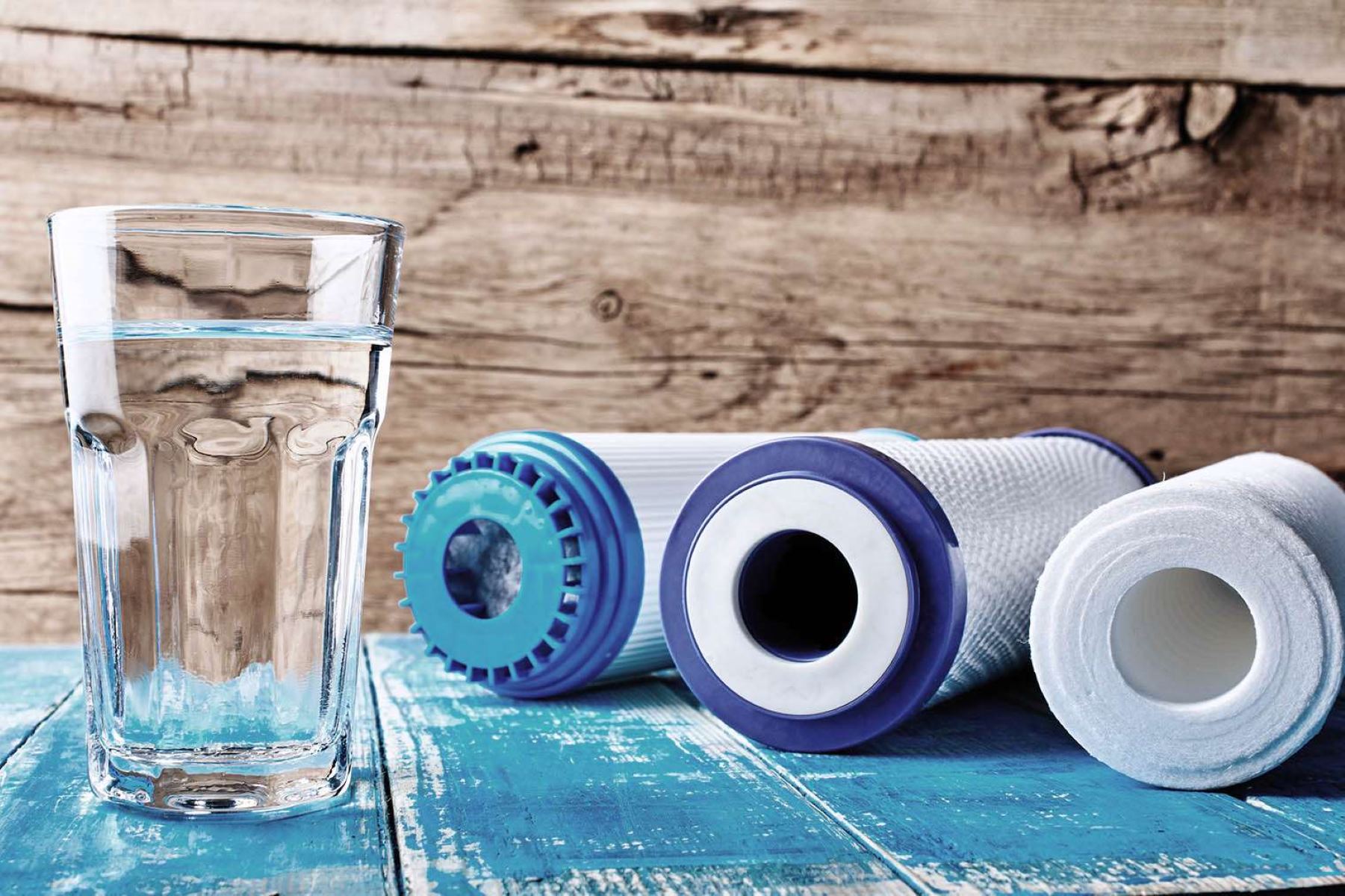
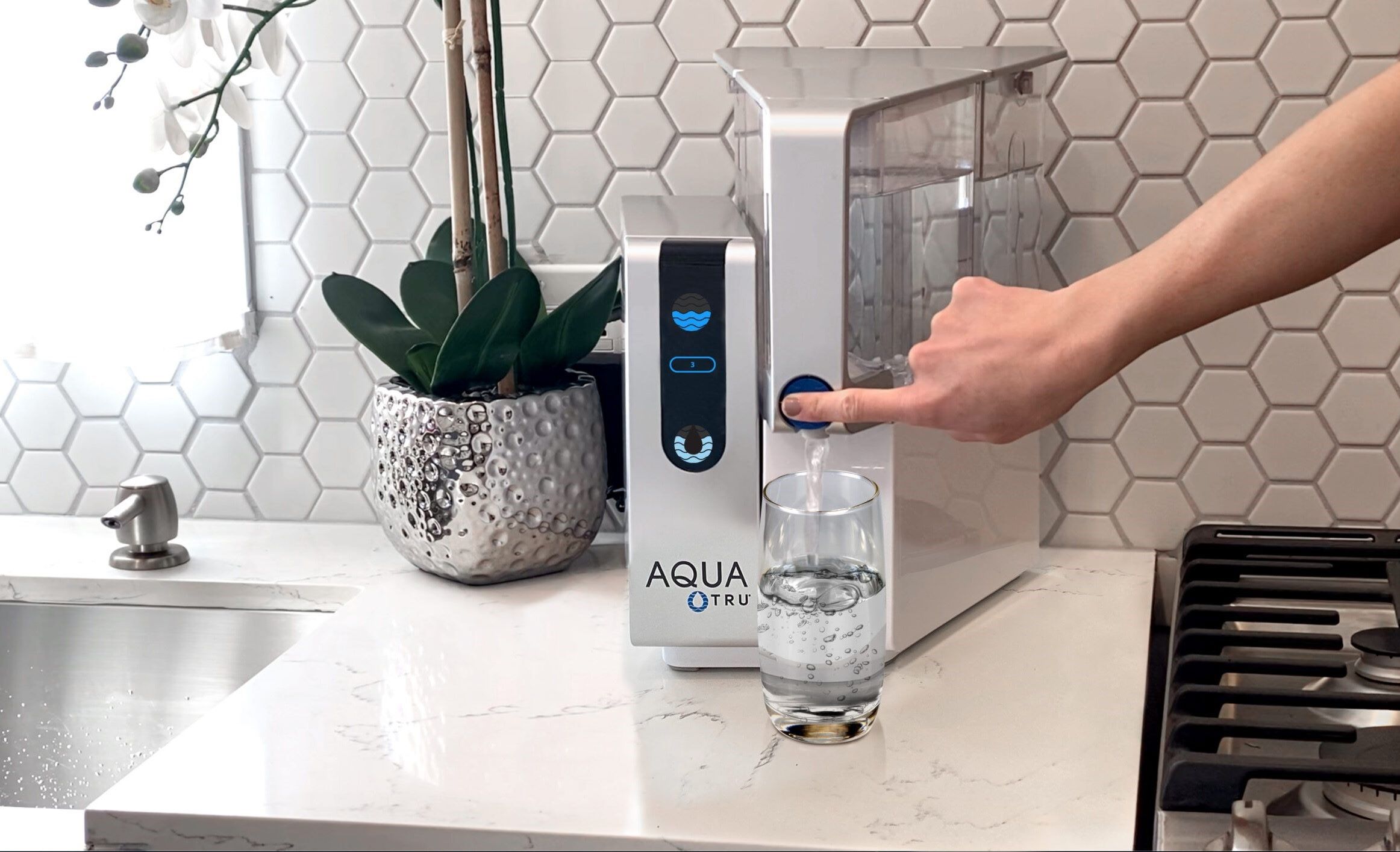
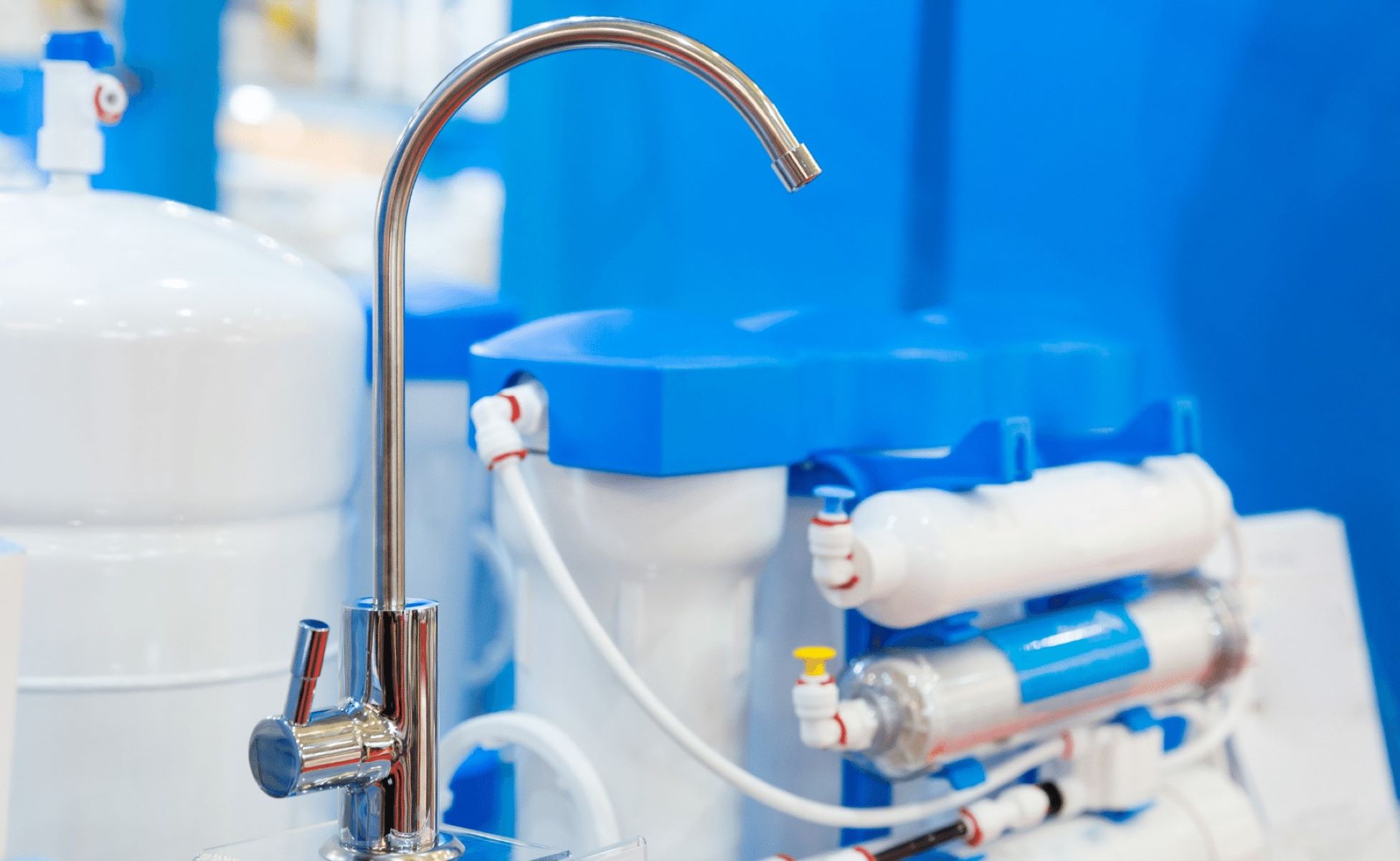
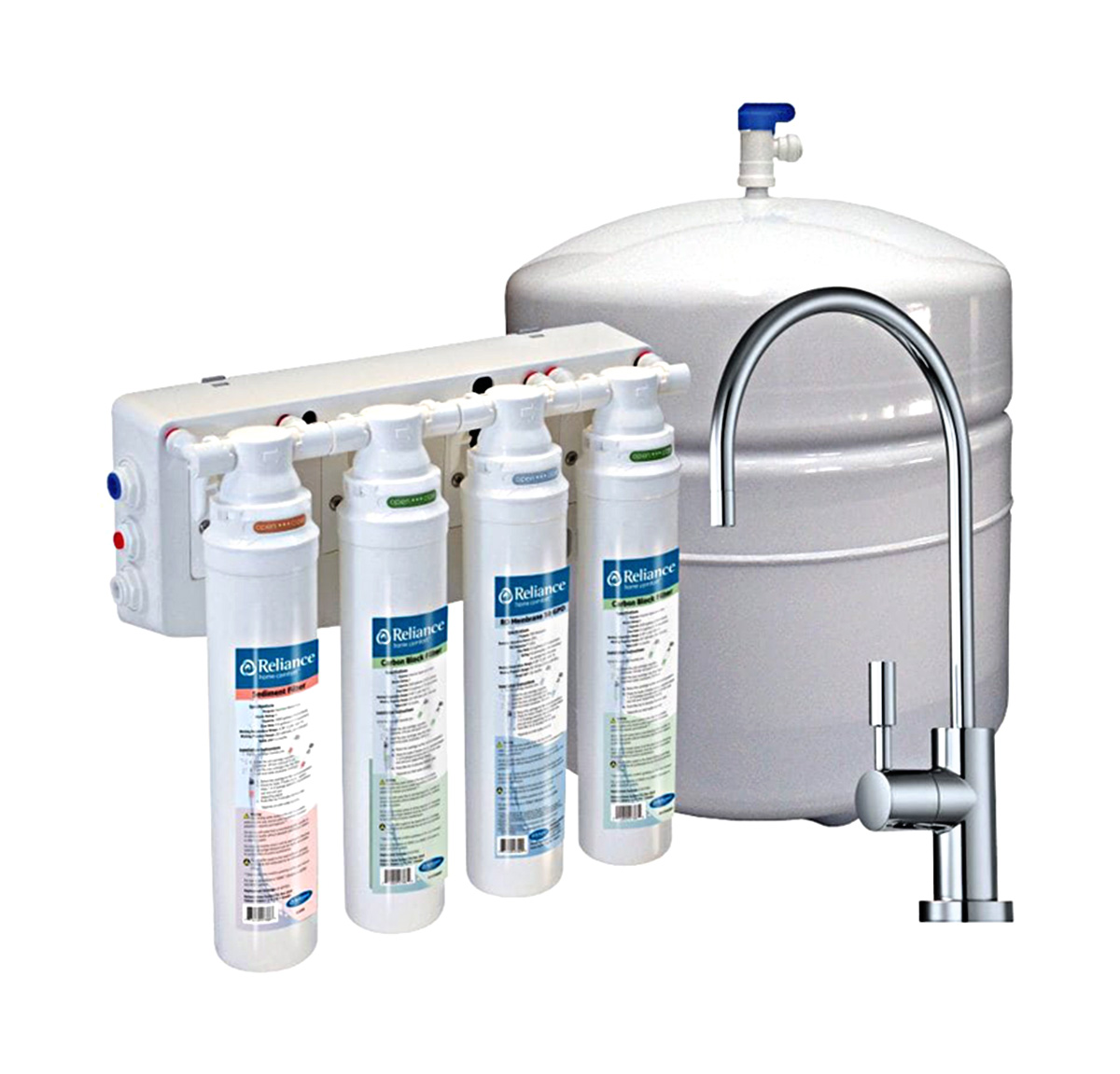
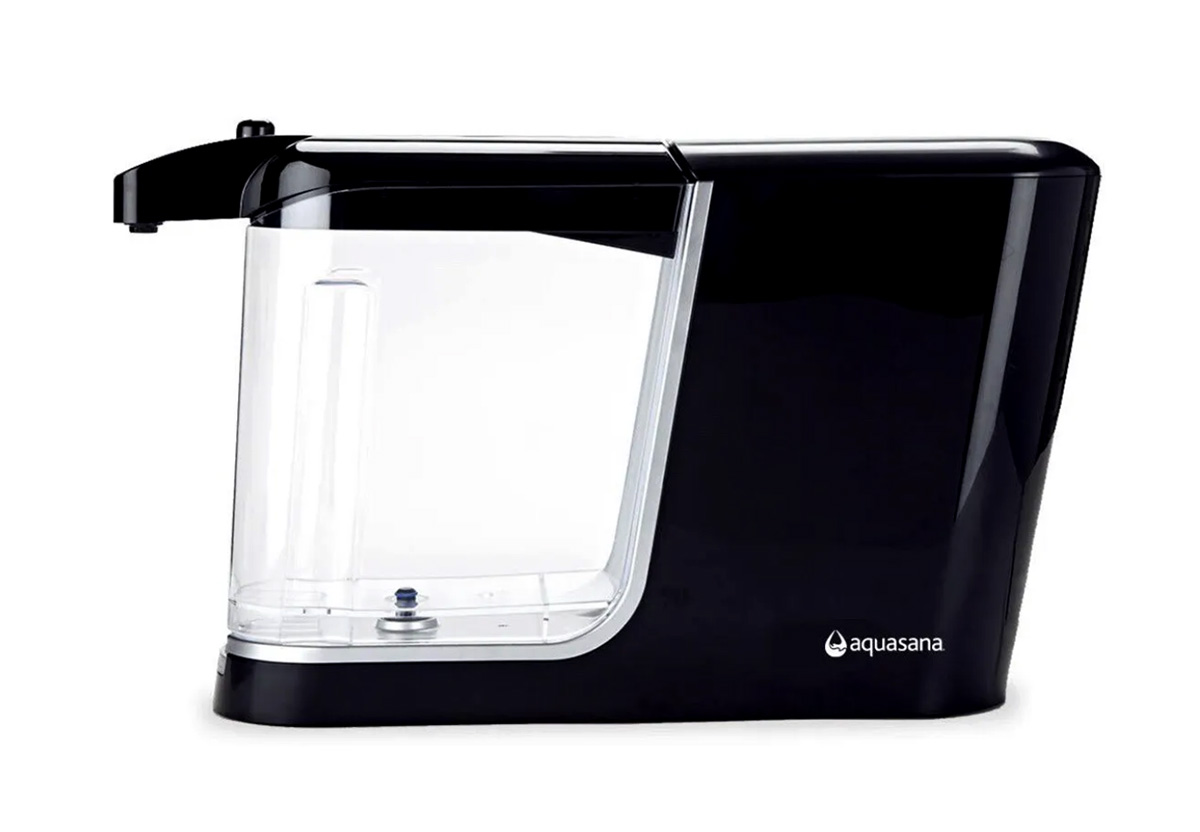
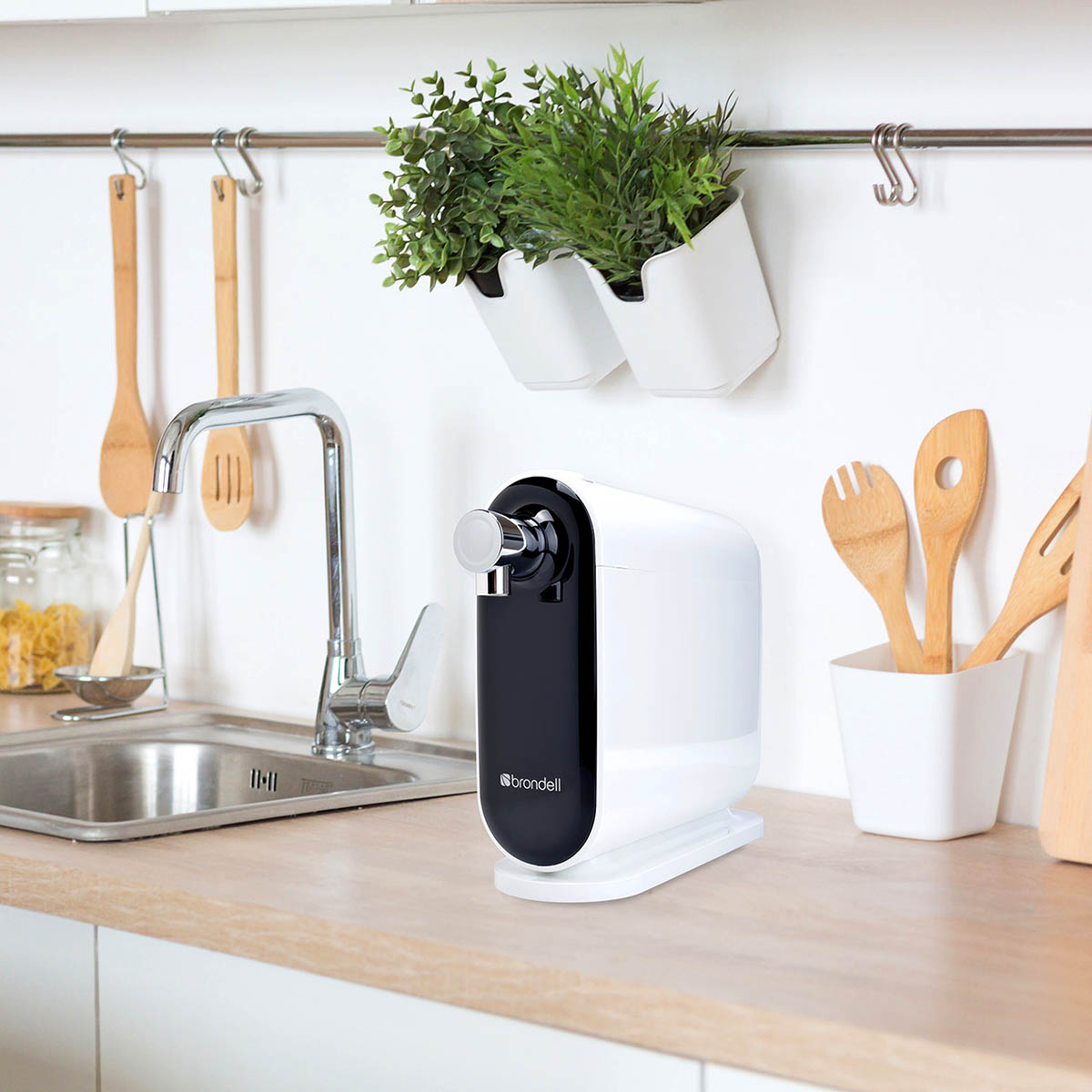

0 thoughts on “Which Water Filtration System Is Best”